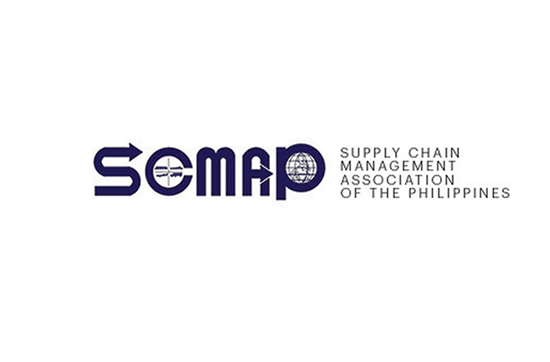Can vaccine hesitancy be explained and explored through the lens of supply chain management?
I’ve had this question in mind after our most recent SCMAP Live event. (You can watch it now on YouTube—just search for “SCMAP Live” and you should see it on top of the list.) One of our panelists, health reform advocate Dr. Tony Leachon, was enumerating possible reasons why Filipinos are hesitant to be inoculated with available vaccines, which at the moment are mostly manufactured by China-based Sinovac.
He argued that Filipinos put more of their trust on brands that they recognize—in this case, Pfizer or AstraZeneca, both of which already have other drugs in the market, drugs that are widely used. But the government’s failure to immediately secure supplies of these drug manufacturers’ vaccines—I won’t delve into whether it’s a politically inclined decision—has led the end customer, in this case all of us, to question whether the vaccines that we indeed have is the best one. (Of course, it’s worth noting that Pfizer’s vaccine requires ultra-cold storage. We don’t have enough cold storage capacity to accommodate that.)
True enough, when doses of Pfizer’s vaccine arrived in the country, people rushed to get them. Remember the long lines at vaccination centers in Parañaque City, filled with those who, despite not having appointments, took a chance at being able to get the “better” drug, never mind the potential super-spreader event they joined?
The government’s strategy of getting a “portfolio” of vaccines—sourcing from as many manufacturers as possible—is sound. The Philippines does not have the ability to produce these drugs; thus we are at the mercy of what’s available. By securing doses from multiple suppliers we can focus on distributing vaccines to as many Filipinos as soon as possible. But it’s clear that somewhere along the line, the paperwork for securing these doses did not materialize, and so we end up relying on donated Chinese vaccines, which most of our end customers don’t trust, for better or worse.
Exacerbating the situation is the government’s policy not to announce ahead of time what vaccine is on offer. We know that customers prefer to make their decisions based on information that’s available. Not knowing what they’ll get is a pretty big information gap. If anything, they may be begrudgingly getting vaccinated with a drug that studies have shown to be not as efficient as the Western brands, just to get it over with. “Para matapos na.” Sixteen months in lockdown will wear you down, after all. And even then, many are missing their second dose of the vaccine.
But of course it’s important to get as many vaccines to as many Filipinos as soon as possible. It allows the country to achieve what is now called “population protection” and reopen the economy even more confidently. (I mean, I miss crowded coffee shops. I miss the atmosphere.) So, every measure must be taken to address vaccine hesitancy. Offering incentives to those who have been fully vaccinated—like the Bakuna Benefits discount program launched by the Ingat Angat Tayong Lahat movement—is one thing, but critical to addressing the issue is establishing trust between the “brand” and the “end customer”, or in this case, the vaccine and the Filipino being jabbed with it.
We know that supply chains work best when everyone is working with the right information. It allows players to identify common goals and work towards them, together. It allows players to trust each other, which leads to greater things—both in how the supply chain moves and how it serves customers, partners and shareholders alike.
When it comes to vaccine hesitancy, ensuring trust means arming the end customer with truthful, objective information. In this case, it means arming every Filipino with the facts: how vaccines work, what the potential side effects are, and why it is necessary that we get them. (So, no irresponsible “wearing face shields is just as good as getting vaccinated” statements.) The government should exert extra effort not just toinform Filipinos of these facts, but to demonstrate that the vaccines that are available have gone through tests and studies by experts.
And then you can offer a carrot: those aforementioned discounts, perhaps less restrictions on mobility, or more importantly, the prospect of being able to live your life the way you used to before March 2020. Yes, it will take a while before we get to the finish line, but it’s no excuse to drag our feet on an issue like this. Faster in this case is better. It’s not just about vaccinating everyone, but about reopening the economy sooner, and bouncing back sooner—and, hopefully, better.
Henrik Batallones is the marketing and communications director of SCMAP, and editor-in-chief of its official publication, Supply Chain Philippines. More information about SCMAP is available at scmap.org.





